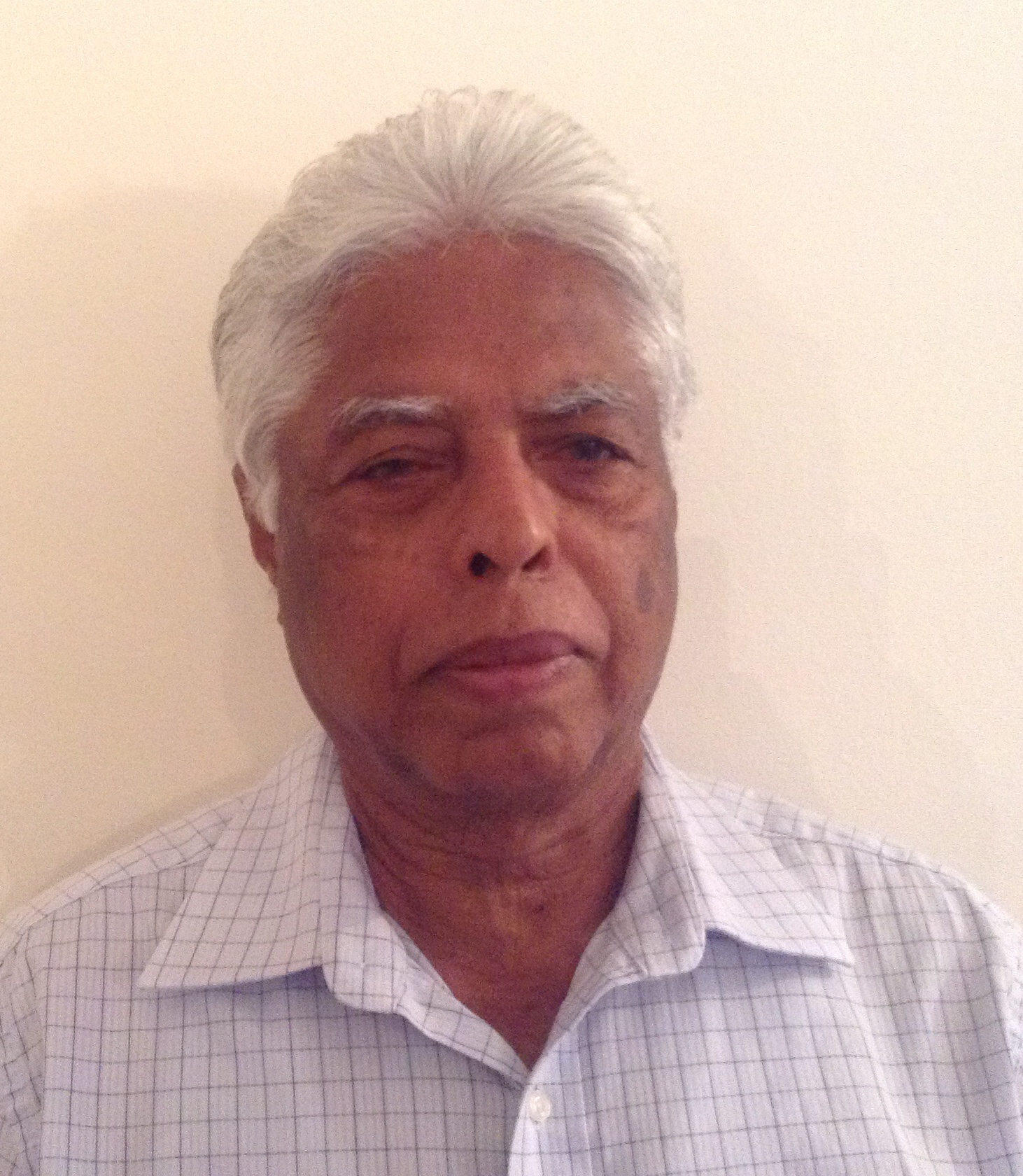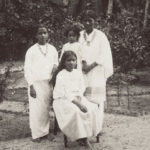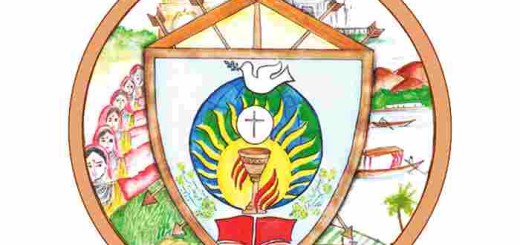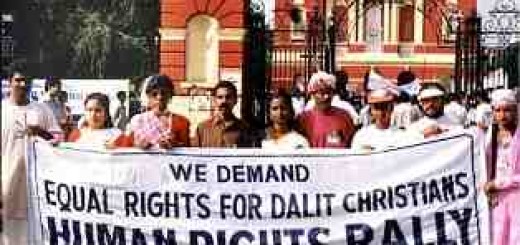The life story of Jossutty, the Nazrani – Varghese Pamplanil

(Note: This story was sent to CCV by one of our regular contributors – Shri Varghese Pamplany. I’m sure that he took some real efforts to translate the Jossutty story into English. This is an unedited picture of the early 20th century Christianity in Kerala. What is said in the story could be real, as far as I have seen the community in my childhood. If I look back and  revisit the then practices in the Church, I see a world of changes all around. It was a time when each faithful fervently prayed for more conversions and earnestly tried to avoid Purgatory and its heavy fire. Much time was wasted for Russia too. My question is about who will be held responsible for misleading our forefathers. Joseph Mattappally, Asso. Editor.)
revisit the then practices in the Church, I see a world of changes all around. It was a time when each faithful fervently prayed for more conversions and earnestly tried to avoid Purgatory and its heavy fire. Much time was wasted for Russia too. My question is about who will be held responsible for misleading our forefathers. Joseph Mattappally, Asso. Editor.)
I am 89 year old Kallidukkil Jossutty from Pattikkadu, a remote hill area in Kerala. The access to my house is through a rock strewn narrow path infested with poisonous snakes. The nearest bullock cart path is about one and a half kilometres away. The thatched house where I was born and spent a good part of my life consisted of three small unventilated dark rooms including the kitchen. The three male children, I was the eldest, slept in the varanda; one room was where my mother and five sisters slept and the remaining one was the exclusive sleeping quarters of my Chachen (father).
A toddy shop was and still is the major institution in the locality. In my younger days it was run by Kunjukochuchokon. The presiding deity of the joint, however was one voluptuous Parukkutty with heavy buttocks and large boobs. Most of the customers were not bothered about the poor quality of the toddy served to them so long as it was poured by Parukkutty in her typical coquettish way. My Chachen should have his daily quota of toddy, come rain or shine. After drinking the liquor he would become abusive, quarrelsome and violent.
But the most sought after place was the arrack shop some four kilometres away near the parish church. The festival in honour of Kanyaka Mariam was the occasion for Chachen and his cronies to drink the stuff and make nuisance of themselves. The festival was never complete without violent quarrels and at least one stabbing incident. But arrack being more expensive, only the slightly well off population could enjoy the stuff regularly. This habit not only ruined their health and wealth and the prospects of their family, especially the children, is another matter. Since the banning of arrack sale by the government, a new coloured avatar called foreign liquor has emerged, more expensive. It is said to be a blend of arrack and water with some essences added. Who knows?
When I was five or so years old, my education started with “ezhuthil irutthu“ by grand father and thereafter learning the rudiments of Malayalam. Afterwards, my Chachen took me to a convent school, run by some sort of nuns (“mottachies“ in local parlance), adjacent to the parish church. My father’s “koppravettu” business partner, along with his son Paul, accompanied. When we reached the school, a gentleman wearing a “Jubba” was already there along with a knicker and a half shirt clad son. My father and his friend were attired in ‘mundu” and “thorthu”. I was wearing a plain mundu and a gold chain, while the other boy did not have any ornament on him. The nun in charge, a haughty character, surveyed us all with hawk’s eyes. The shirt clad people had the preference. The boy was enrolled as Paul Joseph, self as K.P. Joseph (may be because of the gold chain – K for Kallidukkil, P for Paulose (father’s name). The other boy named P.P. Peely (no gold chain, only a “ventinga ” – poor guy). Other students used to torment the fellow by calling him “pee pee pee“; he could not study beyond class three. My schooling ended at class five, the Middle School being nine kilometres away.
 Another incident still fresh in my mind is the occasion of the first holy communion. Prior to that there were religious instructions in preparation. One teenaged girl told us that heaven was a place where one can have cakes, ice candies and other tasty food; whereas in hell one would be burned eternally and poisonous snakes will slither through the nose and come out by the mouth and bite you injecting poison giving unbearable pain and tormenting blisters. For receiving the communion one was to dress in one’s best clothes. A “mudi” was required to be put on the head. Here also was the tell tale discrimination. A boy hailing from the richest family in the locality was dressed up in nice cloths with a mudi made of shining materials on his head leading the procession. The less well off were allowed to wear ordinary bands on their heads, the lowest quality was reserved for “avasya christianikal” belonging to the “pulaya” community. They were made to stand at the rear of the procession by the nuns in charge.
Another incident still fresh in my mind is the occasion of the first holy communion. Prior to that there were religious instructions in preparation. One teenaged girl told us that heaven was a place where one can have cakes, ice candies and other tasty food; whereas in hell one would be burned eternally and poisonous snakes will slither through the nose and come out by the mouth and bite you injecting poison giving unbearable pain and tormenting blisters. For receiving the communion one was to dress in one’s best clothes. A “mudi” was required to be put on the head. Here also was the tell tale discrimination. A boy hailing from the richest family in the locality was dressed up in nice cloths with a mudi made of shining materials on his head leading the procession. The less well off were allowed to wear ordinary bands on their heads, the lowest quality was reserved for “avasya christianikal” belonging to the “pulaya” community. They were made to stand at the rear of the procession by the nuns in charge.
Education was of the lowest priority among the Suriani Kattholikar. One need read “Vanakka Maasam” book only. The “Kurbana“ any way was said in unintelligible “Suriani“. Why go for education; better to cultivate “kappa“ “Chena” “chembu“ “kizhangu” and “Kachil“ to fill the bellies was the general attitude. Education was considered wasting of money and time. It would result in a person becoming disobedient and worst of all showing disrespect to the local “Katthnar” and elders was the prevailing opinion. Obedience to the priests, parents and all sundry was the key command. “No” is the most frequently uttered word. Initiative, self-confidence and belief in oneself was discouraged vehemently. Reading of books and acquiring knowledge will lead to waywardness, the logic went. Individuality was frowned upon. Behaviour like cattle in the herd was expected. Parents never gave responsibility to the children. ”No, no, obey, obey, follow, follow“ were the refrain. Looking after the cattle or assisting cultivation of crops was the priority. Playing and keeping company with other boys were taboo. Even looking at girls was sin. Attending Sunday mass and catechism were the activities allowed.
When I was just sixteen years I was made to marry a girl of fourteen. I did not meet her before the marriage. I remember tying a “thali“ on her neck with shivering hands and palpitating heart. I could not even see her face. The poor thing was always in the kitchen assisting my mother or busy in fetching water from a well quite far away or gathering fire wood or doing various household jobs. She slept in mothers room. To me she was a phantom with untidy hair, wearing dirty “thuni” (unbleached cotton cloth) around her waist and “chatta” made of the same material to cover the upper part. No communication or physical contact with her at all for the first five years. Afterwards there was a clandestine and brief sexual encounter with her in the dead of the night on the kitchen floor which resulted her giving birth to a girl child. Every one in the family blamed her for having a girl instead of a boy. After all, a girl is some stranger’s property after her marriage for which money has to be found towards the dowry. After the birth of my daughter we moved out to a small thatched house in the property. The marriage of the brother next to me was also the reason. But there was no improvement in my economic condition. The income generated in the land was still under the custody of Chachen. Self and family survived by my doing rubber tapping for a neighbour. Family life continued in the same pattern. My wife continued to deliver girls once in every two years, in all seven. She was always engaged in doing back braking household work and looking after the brood. By the time she was fifty, she had a bent body with bones sticking out and a bloodless dour face, grey hair and hoarse voice by shouting at the children. We never had any joy in our lives. It was a miserable life of deprivation and wants.
The first two daughters could get only primary education. With great difficulty, I could marry them off to two good for nothing fellows. The debts incurred for their marriages, I could repay only after many years. The next three could somehow pass matriculation exams. They were more or less compelled to become nuns. Because they belonged to a poor family, their lot in the convent was to do cooking and cleaning and washing of others’ cloths. The other girls, who, became nuns, either rejects in the marriage market for want of dowry or good looks, were also placed in similar predicament. Their lives were made miserable by those from well to do families who became nuns due to failed love affairs or undergone abortions when their boy friends ditched them. A few had even given birth to illegitimate children. Since they came to the convent with lots of money and other things and they lorded over those with poor financial and social backgrounds. The worst thing my poor daughters had to suffer was to give sexual satisfaction to a succession of priests and “vikaris” who had become “vikara jeevies” after consuming too much pork, beef and other non-vegetarian stuff and alcohol. My daughters even gave birth to some children who were abandoned soon after they were born. They also tell me that the convents are dens of deviant sexual behaviour, ugly fights and physical and verbal abuses. What do one can expect from a place where frustrated females are cooped up in concrete prisons for years together.
My wife died a few years back. While living she was not a good companion to me. I was also a boorish husband. The average Nazarani wife was made to live as beast of burden and to give birth to innumerable children preferably boys to work as farm labourers. My wife became highly religious past child bearing age attending all sorts of retreats, novenas, bible conventions. I couldn’t blame her for finding solace in religion; she never had chance to have any joy in her whole life. l never saw a smile on her face. Now one unmarried daughter lives with me, the other one had ran away with some one from another community, l don’t know where she is now; dead or live.
My plight is the general pattern of Nazaranis living in places and conditions like mine. The major cause for this deplorable social condition is the “Kattholickka” Sabha and the so called “Achhanmar” whose words, fools like me and my parents obeyed without questioning. The “almenies” followed them blindly and were at their beck and call. They demanded that parents should bring up their children with iron discipline.
Life in our place is becoming harder by the day with income from agriculture is declining and land holdings reduced to uneconomic, unsustainable small plots. The Sabha is after snatching money even from the beggars’ bowl for a cushy life for the “achanmar“ and the “methtran thirumenis”. Such looting may not happen anywhere else in the world. What do they give in return; arrogance, haughtiness and abuses. They try to make everyone guilt ridden and in fear of hell.
A clever boy good in studies down the road joined some seminary, pushed his way through “kaimani” and bribe to became a methtran. He now lives in a palatial palace and every one including this very old man is required to call him “pithavu“. In his childhood he survived by eating “chendakappa” or boiled “unanakku kappa“ with crushed “kantharimulaku”. Now he enjoys “palappam” or “idyappam“ and such other tasty stuff with chicken or mutton stew and eat the best cakes and pastries. He drinks only scotch whisky, it is said. They say it is a nice liquor; a poor fellow like me doesn’t have a chance to taste it. The “thirumeni“ travels in a big air-conditioned car, Benz or some thing. He visits parish churches like King or Emperor. He won’t even look at his childhood friends and classmates. He leads an opulent life style, yet he preaches poverty and simple living for the faithful and condemn us as materialists with mania for consumption. These people tell us that we can enjoy a good life in heaven. If heaven is such a nice place why not these guys take steps to reach there as early as possible by fasting and other methods. Seeing all these things I have grave doubts about afterlife and even the very existence of God himself. Now I dislike these double talking imposters. What a fool I was to obey the commands of these cunning people. I know some persons who care a hoot about the Sabha, the priests and their curses and prefer to live their own way. They educate their children instead of pushing them to the church and its activities. They come up in life. But it is too late for me now. What a tragedy!
















